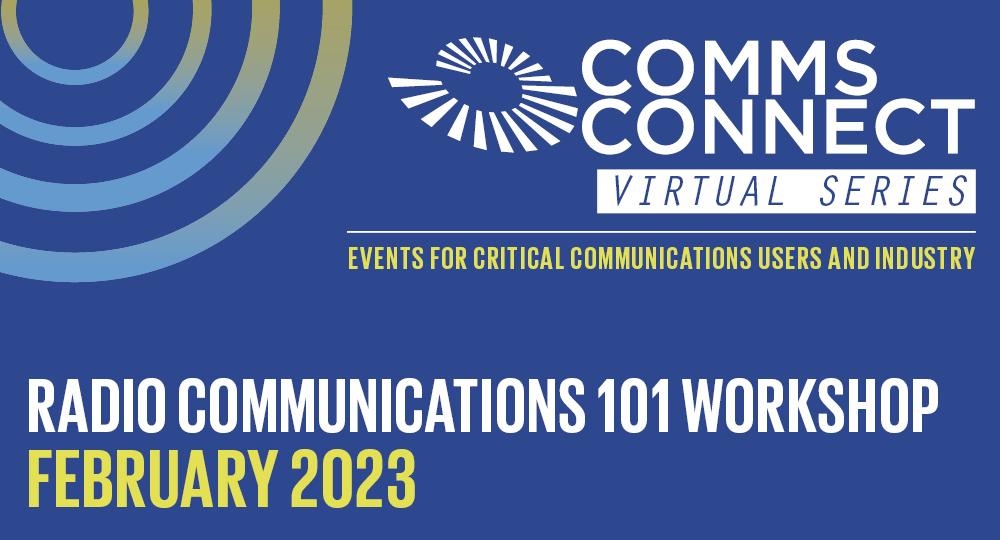
This course introduces the student to radio communications and associated technologies. Modules include an overview of radio service as a transmission media, how transmitters and receivers work, an overview of wave propagation and radio antenna systems. The information is introductory in nature and designed for all audiences. Students will acquire a basic understanding of radio communications theory.
10 hours – 10.00am-12.00pm (AEDT)
Dates:
- February 6
- February 7
- February 8
- February 9
- February 10

